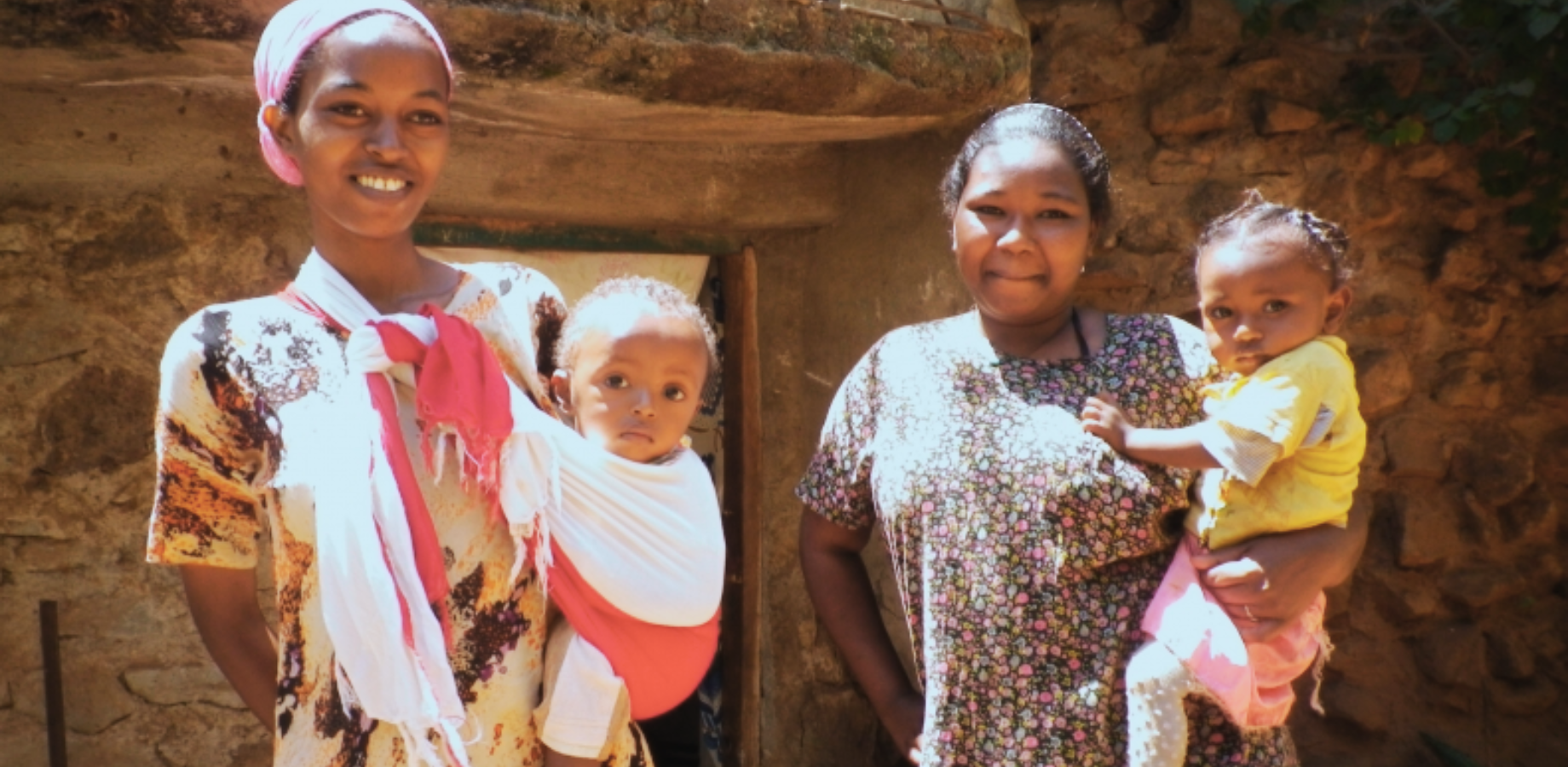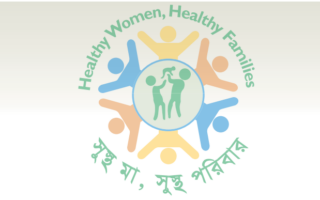
Nearly a third of Kenya’s 51 million people live in malaria-endemic zones with millions more exposed to the seasonal transmission of the disease. Malaria is one of leading causes of morbidity and mortality, and pregnant women are especially susceptible to malaria infection.

Intermittent preventive treatment of malaria in pregnancy using sulfadoxine-pyrimethamine (IPTp-SP) is a long-standing, clinically proven, safe, cost-effective, life-saving medical intervention for the prevention and management of MiP. The World Health Organization’s guidelines on IPTp recommends that pregnant women in areas of moderate-to-high transmission in sub-Saharan Africa receive SP, ideally by directly observed therapy, at each antenatal care visit beginning in the second trimester. Despite Kenya’s adoption of this intervention in its national policies and guidelines beginning in 1998, uptake of IPTp for MiP has been consistently low. Revive IPTp seeks to address this by:
- Increasing program implementers’ and healthcare providers’ understanding, capacity, and willingness to promote use of SP in IPTp;
- Increasing community engagement on IPTp and promoting self-care by pregnant women; and
- Strengthening the capacity of county government bodies to deliver and monitor IPTp-SP interventions as part of the country’s devolved healthcare system.
The project will strengthen the capacity of county-level program managers, community service providers, and users through four key approaches:
- Policy clarification and consensus-building on SP use for IPTp to address persistent concerns on the safety and effectiveness of IPTp, to comprehensively address gaps around the use of SP for IPTp, and to consider alternative platforms to achieve effective IPTp uptake and continuation.
- Capacity-building to reorient service providers on how to deliver IPTp in the context of antenatal care.
- User empowerment by sensitizing and engaging communities on MiP and promoting IPTp self-care by pregnant women. We will also conduct a small-scale pilot to determine the feasibility and acceptability of IPTp delivery models that promote self-care.
- Improving monitoring, evaluation, and shared learning to support the routine tracking of key indicators, ensure full accountability, and inform the development of consensus-based actions to guide the uptake of IPTp-SP.
The project efforts are focusing on the two poorest-performing, high-prevalence malaria-endemic counties in the country—Migori and Kisumu—and will draw lessons from this initial phase to facilitate the uptake and scale-up of IPTp-SP in the remaining 12 malaria-endemic counties in Kenya and elsewhere in sub-Saharan Africa.
Revive IPTp-SP is led by the Population Council, Kenya (PC Kenya) in partnership with the Kisumu Medical and Education Trust (KMET) and in collaboration with the National Malaria Control Programme, the Division of Reproductive and Maternal Health, Kisumu and Migori County Health Management Teams, and the Midwives Association of Kenya.
Revive IPTp-SP aims to contribute to the Government of Kenya’s National Malaria Control Programme objective of protecting 100% of people living in malaria-risk areas through access to appropriate malaria preventive interventions by 2023. In addition, the project seeks to contribute toward the national malaria-control strategy “to reduce malaria incidence and deaths by 75% of 2016 levels by 2023.”




